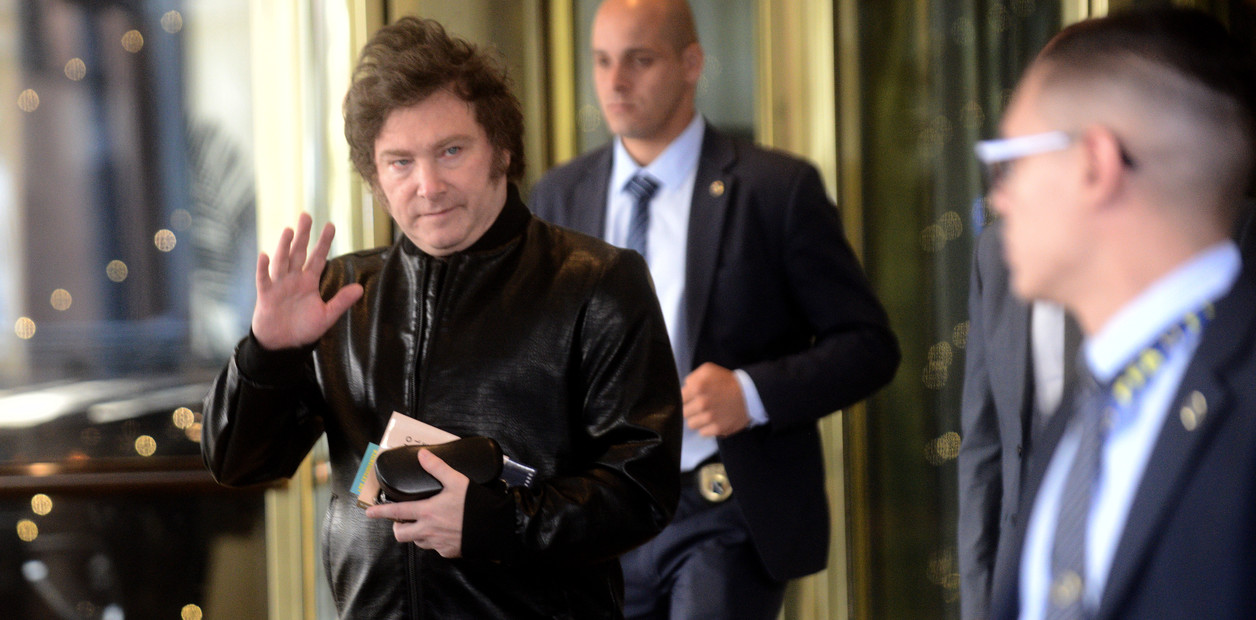International
Argentina Senate rejects Milei’s reform decree

The real trouble begins for President Milei’s liberalist government in Argentina, which, to the cry of “afuera!” thought it could reform and save the country. In an announced ending, the Senate this Thursday rejected “necessity and urgency decree” 70/2023 to deregulate the economy. This is the first time a sitting president has seen a DNU vote against it. Now, the strategy of Javier Milei’s government will depend on what happens in the Chamber of Deputies, where the ruling party will have a little more leeway to get approval to ratify the decree, although nothing is guaranteed.
Recall that Argentina has two chambers: the parliament and the Senate, and in the latter, the representatives of the country’s provinces are elected. Argentina’s senators number 72.
Kirchnerismo, the new name for Peronism, along with federal bloc senators and a couple of radicals, contributed 42 votes to reject the mega-decree, which garnered 25 endorsements among La Libertad Avanza, its pro-government partners, and a majority of radicals. Meanwhile, leaning toward abstention were missionaries Carlos Arce and Sonia Rojas Decut, Cordoban Alejandra Vigo, and radical Maximiliano Abad.
There had been pressure before the session to try to reduce Kirchnerism’s quorum. Legislative sources assure that several provincial senators received calls not only from the ruling party but also from the executive itself. Although they did not have much effect because the meeting started with the presence of senators from different spaces,.
Already in the debate, there were positions that caused surprise, such as the one expressed by Martín Lousteau, president of Radicalism, who voted against the DNU because it was “unconstitutional.”. “There are more than 300 articles, more than 80 laws are repealed, and we have nothing more to discuss,” added the senator, who quoted Raúl Alfonsin as stressing that “forms are the substance” of the issue.
Relations between the provinces and the newly elected president are certainly not ideal, partly because of the president’s accusations of mismanagement made against some local governors, and this reverberated on the ballot.
Moreover, most of the senators were elected during the Fernadez-Kaiser government era, so they view Milei’s presidency with great hostility.
The path of the reforming president will be much more complicated than initially anticipated. The politics of the Argentine left are forcibly entrenched in many governing and legislative bodies. This will be a big problem for those who want to reform, including Milei.






